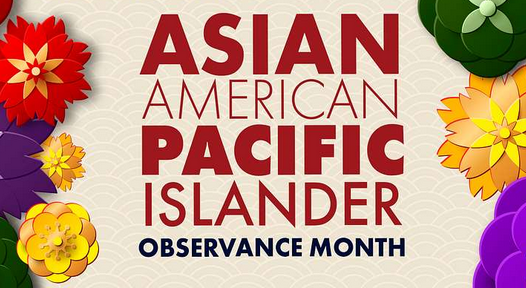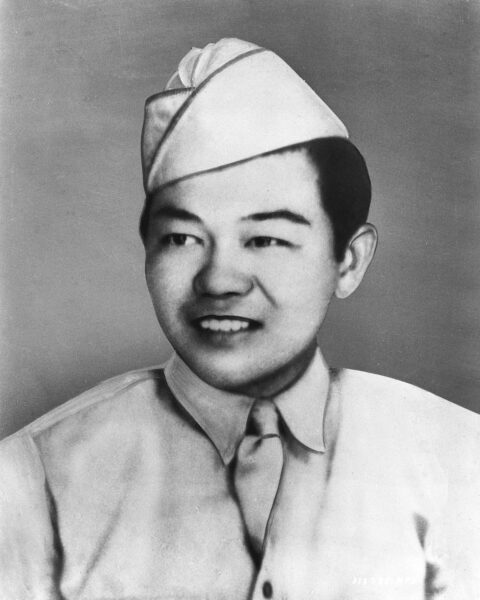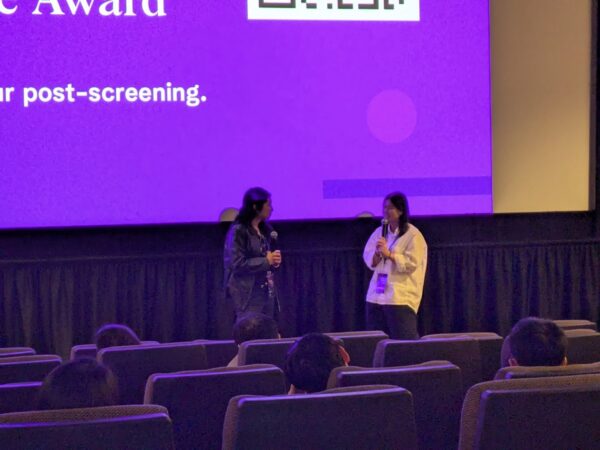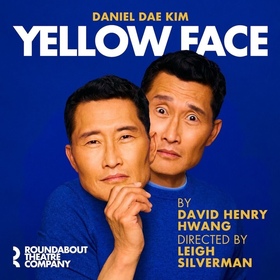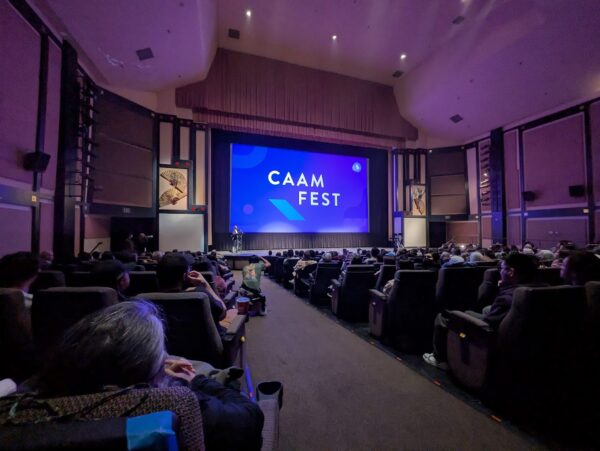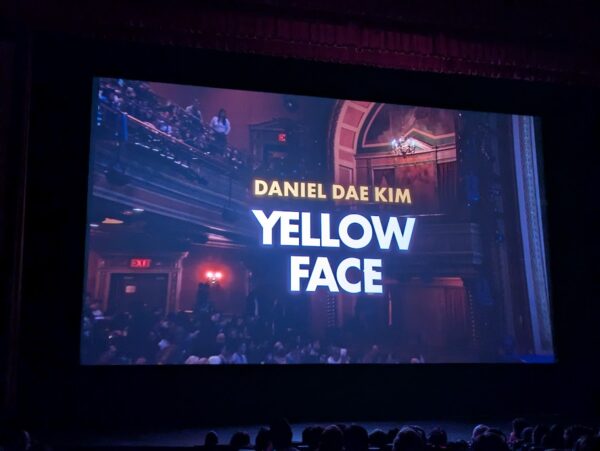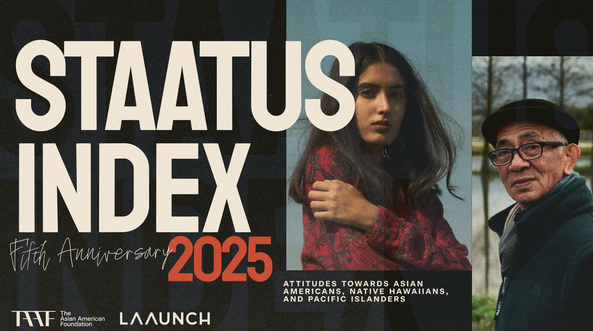
Netflix just released the trailer for Squid Game Season 3, which they state is the final season. It will be coming to Netflix on Friday, June 27th:
“Every game must come to an end. Squid Game. The final season. June 27. Only on Netflix. More info on Squid Game Season 3: A failed rebellion, the death of a friend, and a secret betrayal. Picking up in the aftermath of Season 2’s bloody cliffhanger, the third and final season of Netflix’s most popular series finds Gi-hun, a.k.a. Player 456, at his lowest point yet. But the Squid Game stops for no one, so Gi-hun will be forced to make some important choices in the face of overwhelming despair as he and the surviving players are thrust into deadlier games that test everyone’s resolve. With each round, their choices lead to increasingly grave consequences. Meanwhile, In-ho resumes his role as Front Man to welcome the mysterious VIPs, and his brother Jun-ho continues his search for the elusive island, unaware there’s a traitor in their midst. Will Gi-hun make the right decisions, or will Front Man finally break his spirit? Director Hwang Dong-hyuk, who made history at the 74th Primetime Emmys®, becoming the first Asian to win Outstanding Directing for a Drama Series, once again helms the series as director, writer, and producer. Season 3 stars Lee Jung-jae, Lee Byung-hun, Yim Si-wan, Kang Ha-neul, Wi Ha-jun, Park Gyu-young, Park Sung-hoon, Yang Dong-geun, Kang Ae-sim, Jo Yu-ri, Chae Kuk-hee, Lee David, Roh Jae-won, and Jun Suk-ho, with special appearance by Park Hee-soon.”
I enjoyed Season 2,but the ending was really not an ending and was essentially was a mid-season break. Squid Game Season 3 is a direct continuation of Season 2. I can’t wait to see how this series concludes although I do wonder if they will really provide an ending where they can’t continue the popular series. But sometimes it is better to end a series before it jumps the shark.

